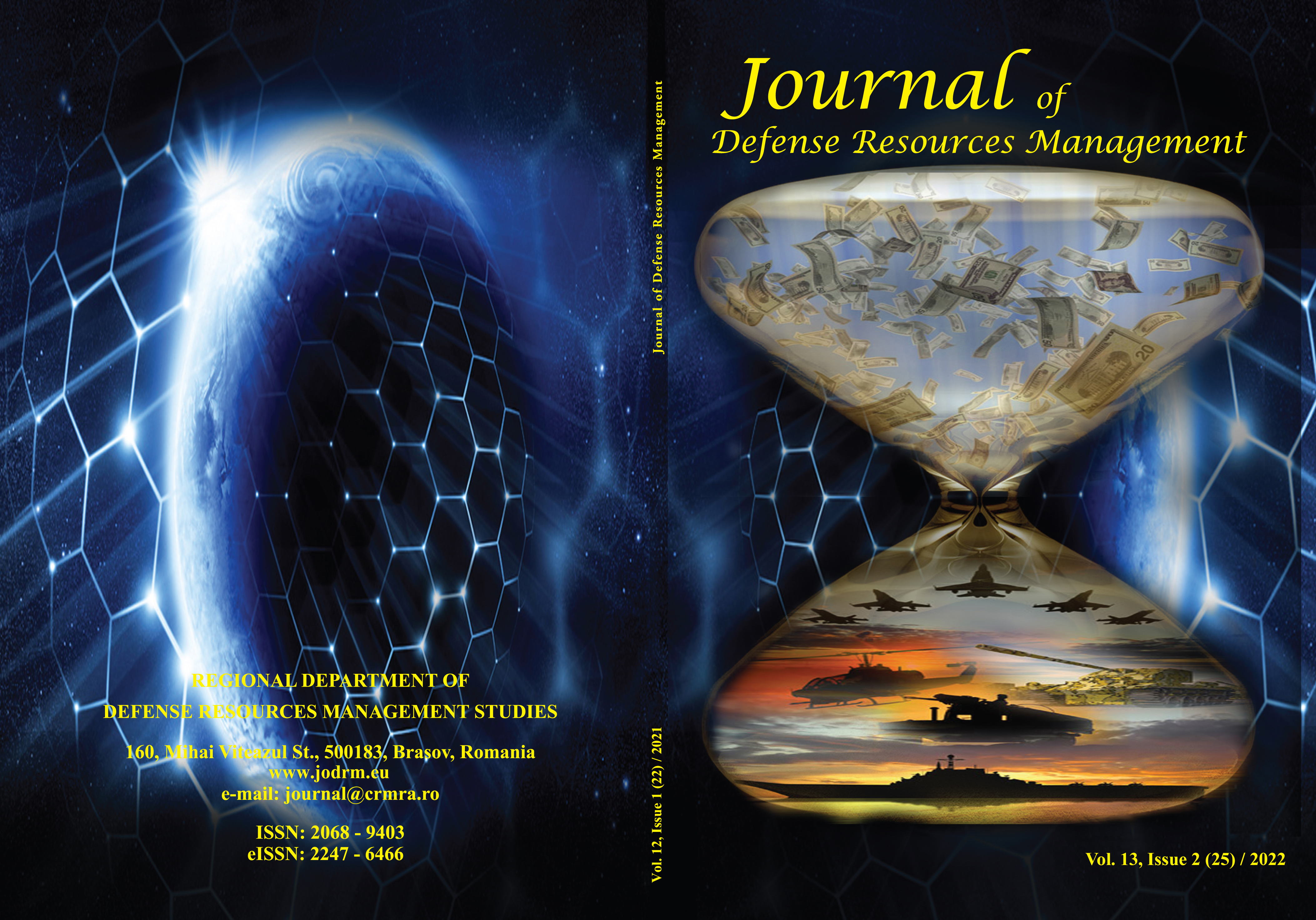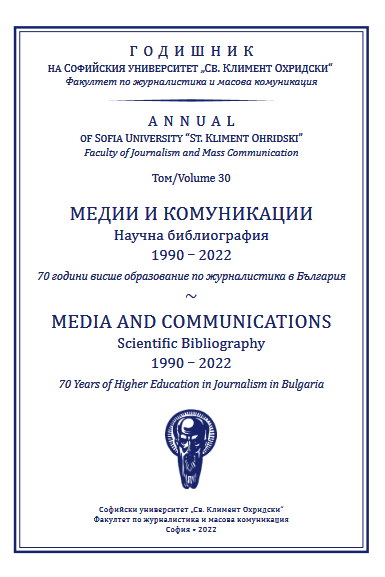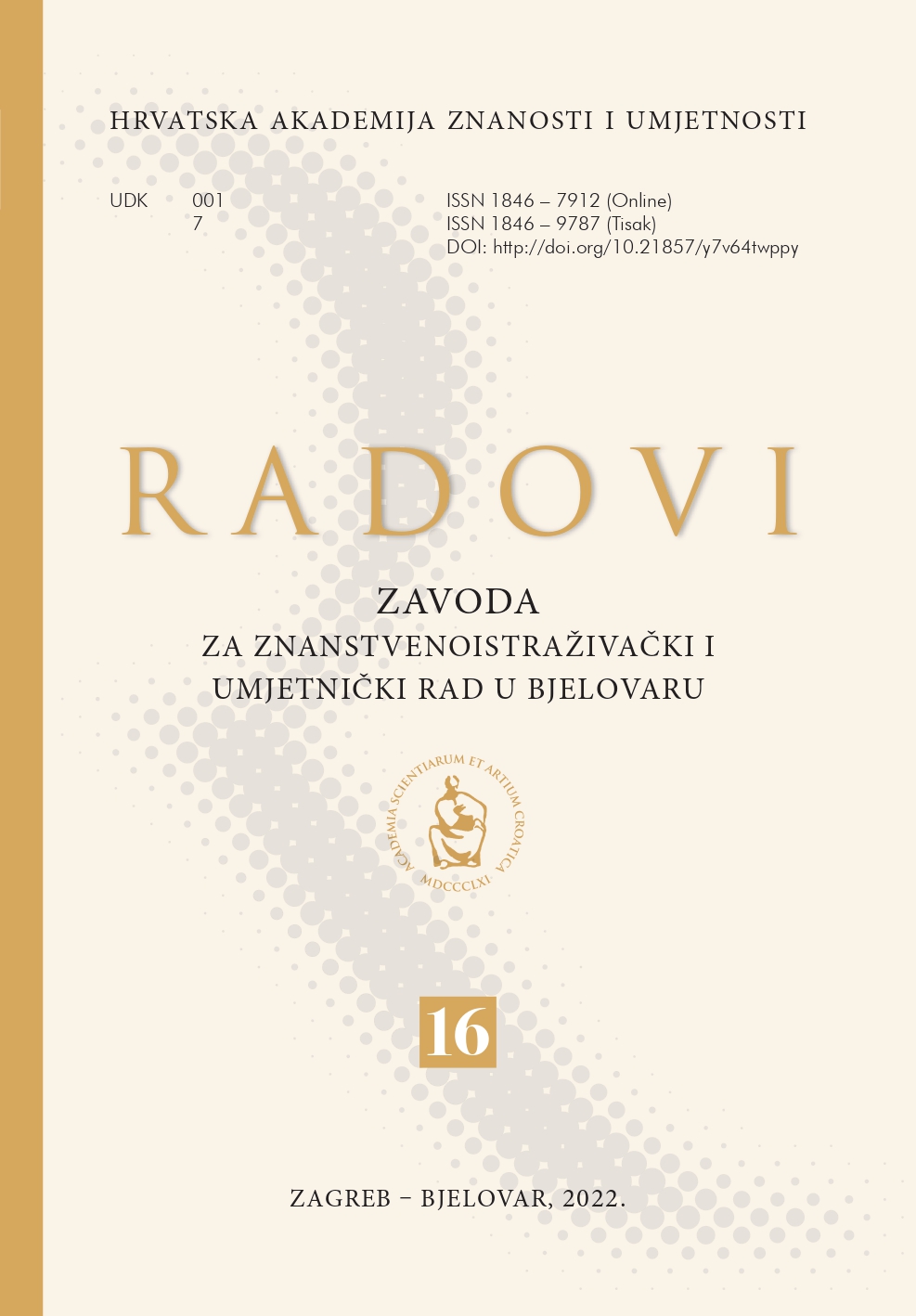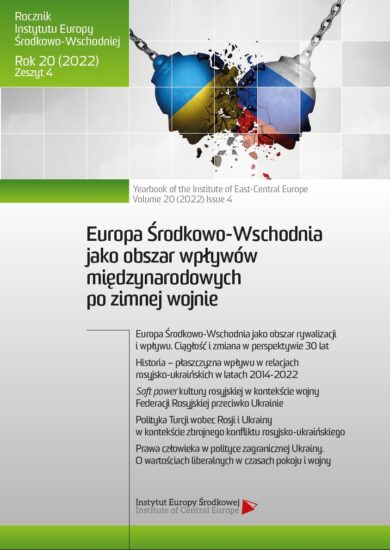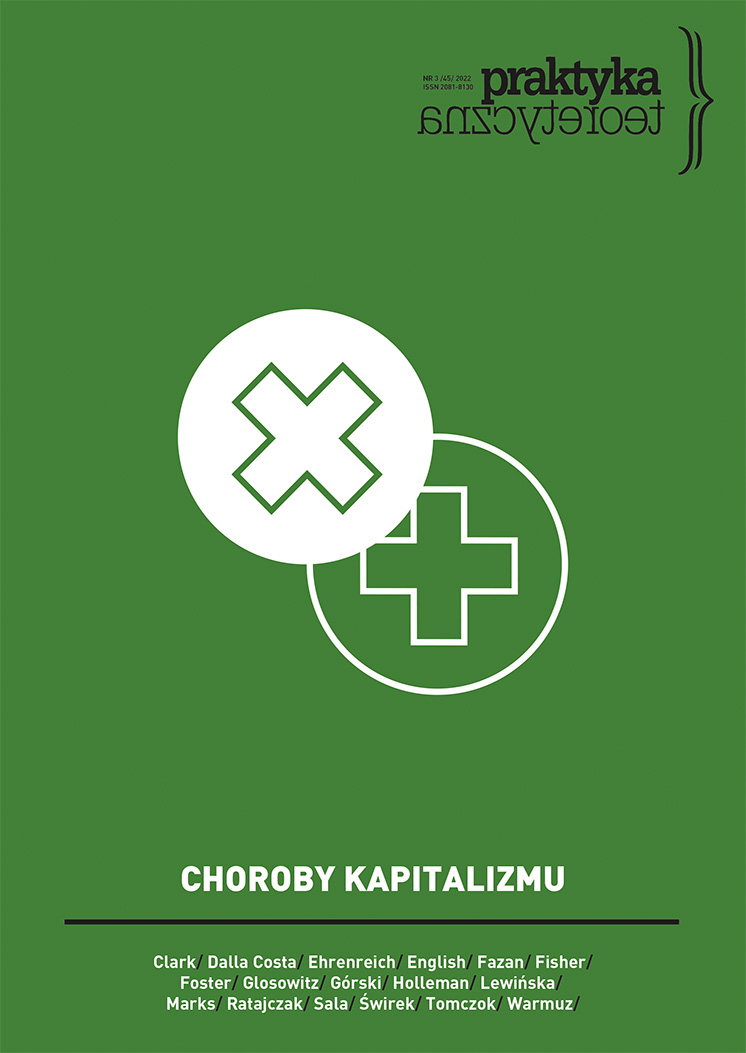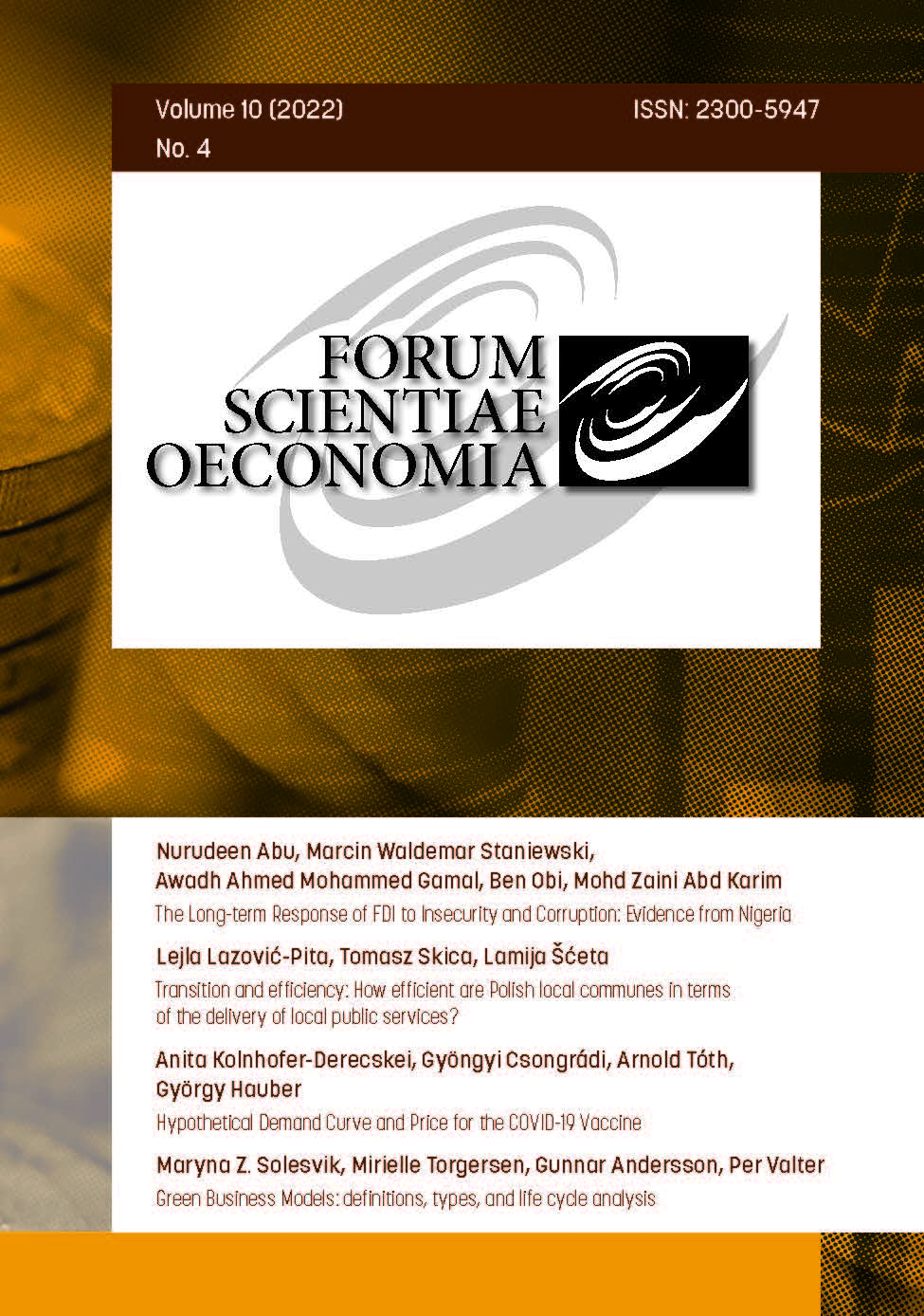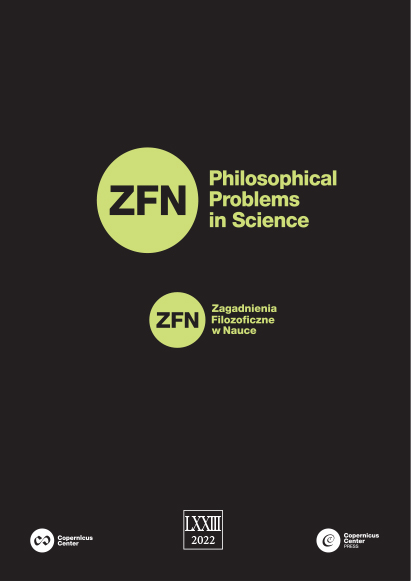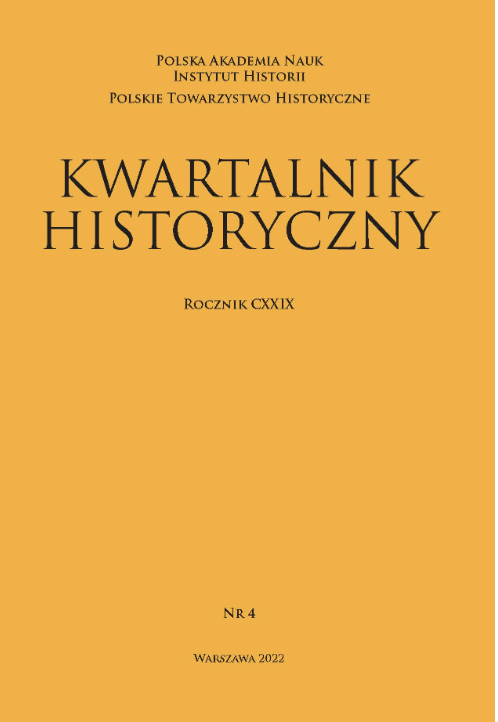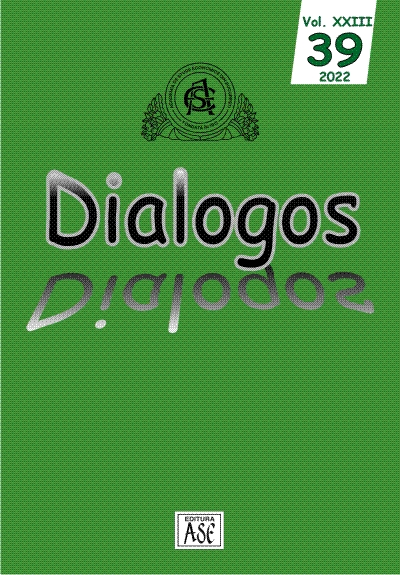
Le masculin et le féminin: de la mythologie universelle aux symboles linguistiques
This article refers to the masculine-feminine opposition, starting from elements related to mythology to linguistic symbols. Starting from Greek mythology, which depicts the dynasty of deities, telling extraordinary adventures and which has not ceased to feed the imagination of artists for centuries. Throughout Greek and then Roman Antiquity, these stories evolved. Many contributions have been added, variations have been made according to places, times and the inspiration of the authors, new interpretations have constantly come to enrich an initial content. Bringing together elements of mythological and sociolinguistic research, my article presents how the collective mind has established that language, the words we use, is a cultural mirror, which symbolically fixes prejudices and stereotypes from the past.
More...
